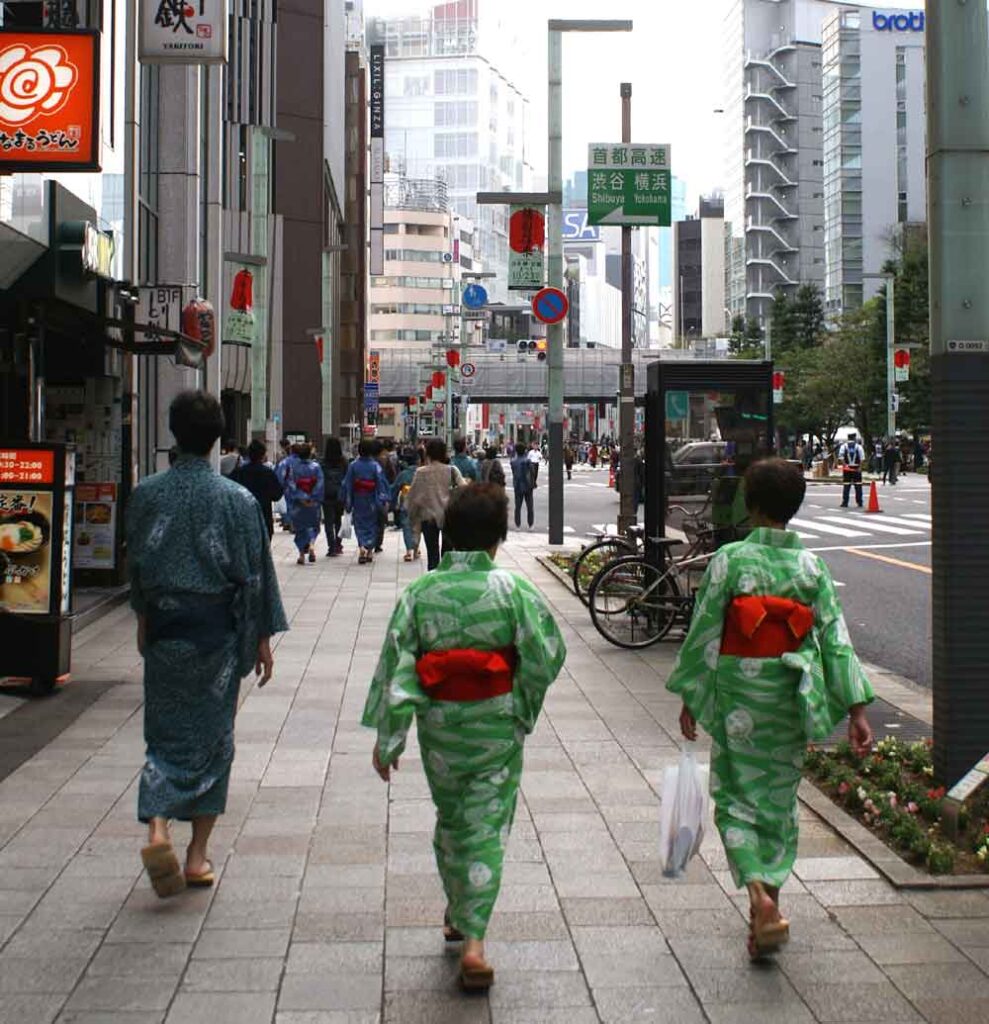The Yen, symbolized by 円 and abbreviated JPY, is the monetary unit of Japan. It evokes both the history and modernity of the country. Thus, this article explores its fascinating aspects, from its origin to its overall economic impact.
History and Evolution of the Yen
The Yen has a rich history dating back to the 19th century. Indeed, in 1871, the Meiji government introduced this new currency to modernize the Japanese economy. Originally, this currency was based on the Western monetary system, with coins and notes issued to simplify transactions.
But over decades, it has undergone various phases of evolution. Including design changes, reassessments and adjustments in response to national and international economic fluctuations.
Symbols and Parts
The symbol 円 represents a coin in kanji script, emphasizing its connection to Japanese culture. Coins of this currency are issued in various denominations, ranging from 1 to 500 Yen. Symbolic images also adorn each piece, such as cherry blossom, chrysanthemum or historical motifs, reflecting the cultural richness of Japan.
Bank Notes
Yen banknotes also have unique artistic designs. Indeed, denominations of 1,000, 2,000, 5,000 and 10,000 Yen feature portraits of eminent historical figures, picturesque landscapes and cultural elements. The meticulous details and sophisticated security features demonstrate the quality of Japanese banknotes.
The Yen in the World Economy
This currency plays a crucial role on the global economic scene. It is one of the major reserve currencies, and Japan is one of the world’s largest economies. The stability of the Yen is often seen as an indicator of Japanese economic health.
Additionally, the foreign exchange market regularly sees fluctuations in the Yen exchange rate, influenced by various factors such as economic policies, exports and global trends.
Concept of “Yen Safe Haven”
The Yen is often considered a safe haven currency in times of economic uncertainty. International investors sometimes turn to the currency as a safe haven due to its historical stability, providing protection against turbulence in global financial markets.
Conclusion
The Japanese Yen is much more than just a monetary unit. It embodies the history, culture and economic power of Japan. Whether in the pockets of residents of Tokyo or in the reserves of central banks around the world, this currency continues to play a vital role on the global financial stage, while retaining its unique and traditional character.



